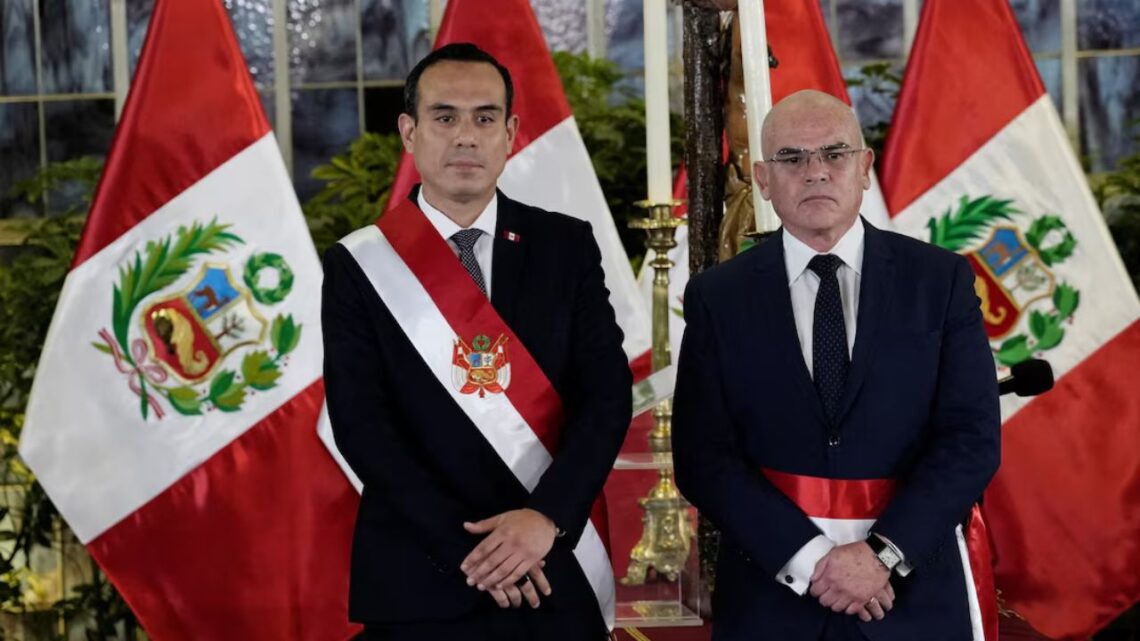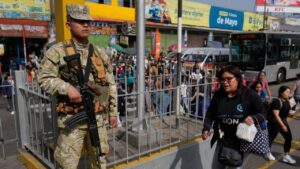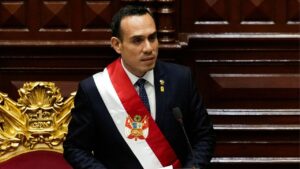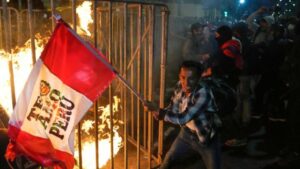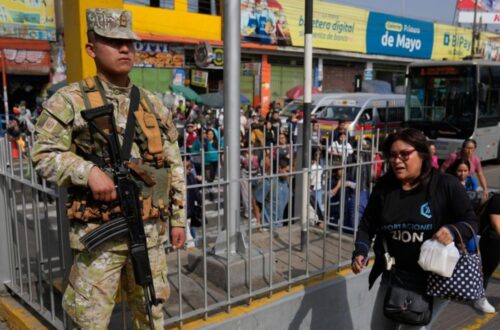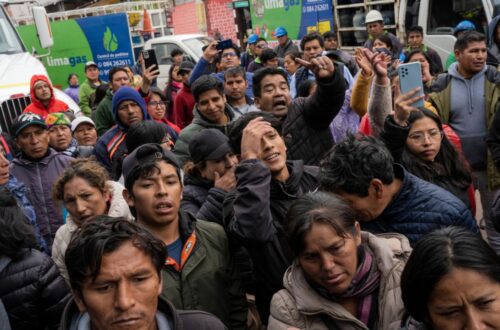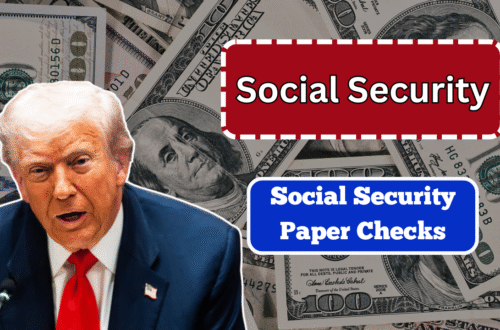In response to rapidly deteriorating security conditions across the country, Peru’s recently appointed Prime Minister, Ernesto Álvarez, has formally requested that Congress grant the executive branch 90-day special powers.
The goal is to enable swift legislative action targeting organized crime, violent gangs, prison-based extortion schemes and the broader breakdown of public order.
In parallel, President José Jerí has declared a 30-day state of emergency in the Lima and Callao region, deploying the military alongside police to regain control of the streets.
Why the Special Powers Request Matters
The administration argues that normal legislative processes are too slow to respond to the urgent security threats.
By securing temporary legislative authority, the government plans to enact laws directly related to citizen security, anti-extortion measures, prison reform, financial disruption of criminal networks, and border control.
The Prime Minister described the situation as requiring the recovery of the State’s authority, restoring trust in institutions and ensuring that the law is once again an expression of justice rather than fear.
Key Context – Rising Crime & State-Response
Recent months have witnessed a spike in violent crime, public protests over insecurity, and increasing pressure on the government to act decisively.
In response, the state of emergency in Lima and Callao empowers joint army-police patrols and enables additional restrictions on movement or assembly.
The request for legislative powers arrives just weeks into the Jerí administration, which succeeded former president Dina Boluarte amid political instability.
The government sees security as foundational to restoring both social order and investor confidence.
The Proposed Security Package: What It Includes
Alongside the request for 90-day powers and the state of emergency, the government has outlined an initial set of measures:
- Recruitment of 6,500 new police officers to bolster front-line capacity.
- Establishment of a special anti-extortion unit focused on dismantling protection rackets and calls for money from citizens.
- Strengthened border controls to disrupt arms trafficking and cross-border gang movements.
- Tighter prison regimes aimed at breaking gang control from inside penitentiaries.
- Financial measures such as freezing bank accounts of suspected criminals to cut off the logistics and funding of criminal enterprises.
Economic Implications- Linking Security and Growth
The new government links security stabilization with its economic agenda.
It projects 3.2% GDP growth by 2026 and forecasts exports reaching USD 83 billion in 2025, an estimated 11% increase over the previous year.
The rationale is that only a secure and stable environment can attract investment, particularly in mining and infrastructure, and safeguard jobs and growth.
Thus, tackling the security crisis is presented not simply as a law-and-order challenge but as a precondition for economic resilience.
Political Landscape & Risks
The Jerí-Álvarez government assumed office amid political volatility: Peru has had multiple presidents in recent years, weakening institutional continuity.
Granting special powers and enforcing a state of emergency carry risks such as over-centralization of authority, potential human-rights concerns, and alienating civil society if measures are perceived as heavy-handed.
The success of these emergency tools depends on transparency, institutional checks, and a clear exit strategy once the 90-day period ends.
Summary of Key Information
| Item | Detail |
|---|---|
| Request | 90-day special legislative powers for the executive |
| Focus Areas | Citizen security; organized crime; prison control; financial disruption |
| Immediate Context | 30-day state of emergency in Lima & Callao |
| Initial Measures | 6,500 new police; anti-extortion unit; border tightening; account freezes |
| Political Backing | Cabinet secured a vote of confidence in Congress |
| Crime Trend | Rising violence, extortion and gang control |
| Economic Aims | USD 83 billion exports in 2025; 3.2% GDP growth by 2026 |
Peru’s new leadership is making a bold move: seeking temporary special powers to rapidly re-assert state control in the face of a mounting security crisis.
The logic is clear: restore public order, dismantle criminal infrastructure, and thereby pave the way for economic recovery and political stability. However, success is far from guaranteed.
The 90-day countdown begins now.
The government must demonstrate tangible results—fewer violent incidents, fewer extortion cases, stronger prisons, and clearer accountability.
If it fails, the risks of backlash, institutional erosion and political volatility will mount. If it succeeds, it could mark a turning point in the country’s fight for security and governance.

